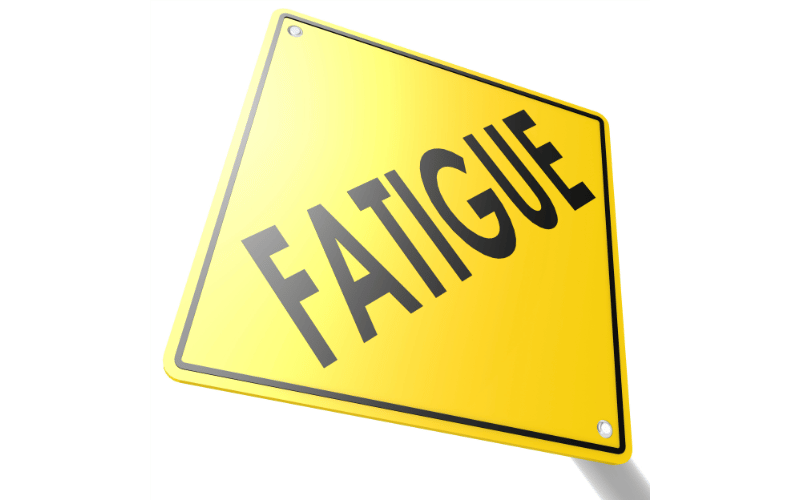Symptom 2. Fatigue: When Exhaustion Isn’t Just About Sleep

When discussing fatigue in the context of NHL, it’s not the standard tiredness after a long day. It’s an overarching, profound sense of weariness. Even after adequate sleep, this exhaustion lingers, shadowing daily activities and moods.
The physiology behind fatigue in NHL is intriguing. Cancer cells consume more energy than healthy cells. As these malignant cells proliferate, they draw away the body’s nutrients, leading to a constant feeling of tiredness. It’s like a power drain that refuses to plug.
But there’s an emotional aspect too. The burden of constant tiredness takes a toll on one’s mood and mental well-being. The person might feel detached, irritable, or even depressed. Daily tasks become arduous, and social engagements can feel like mountainous challenges.
Another facet is the indirect impact of fatigue. The persistent tiredness affects sleep patterns, appetite, and cognitive abilities. Tasks requiring concentration become challenging, and there’s an increased reliance on naps. However, these naps rarely provide rejuvenation.
Fatigue in NHL is a manifestation of a complex interplay between physical, emotional, and mental aspects. While rest seems like the intuitive solution, the fatigue stemming from NHL has deeper roots. It’s a continuous battle between the body’s energy demands and the cancer cells leeching away resources. (2)